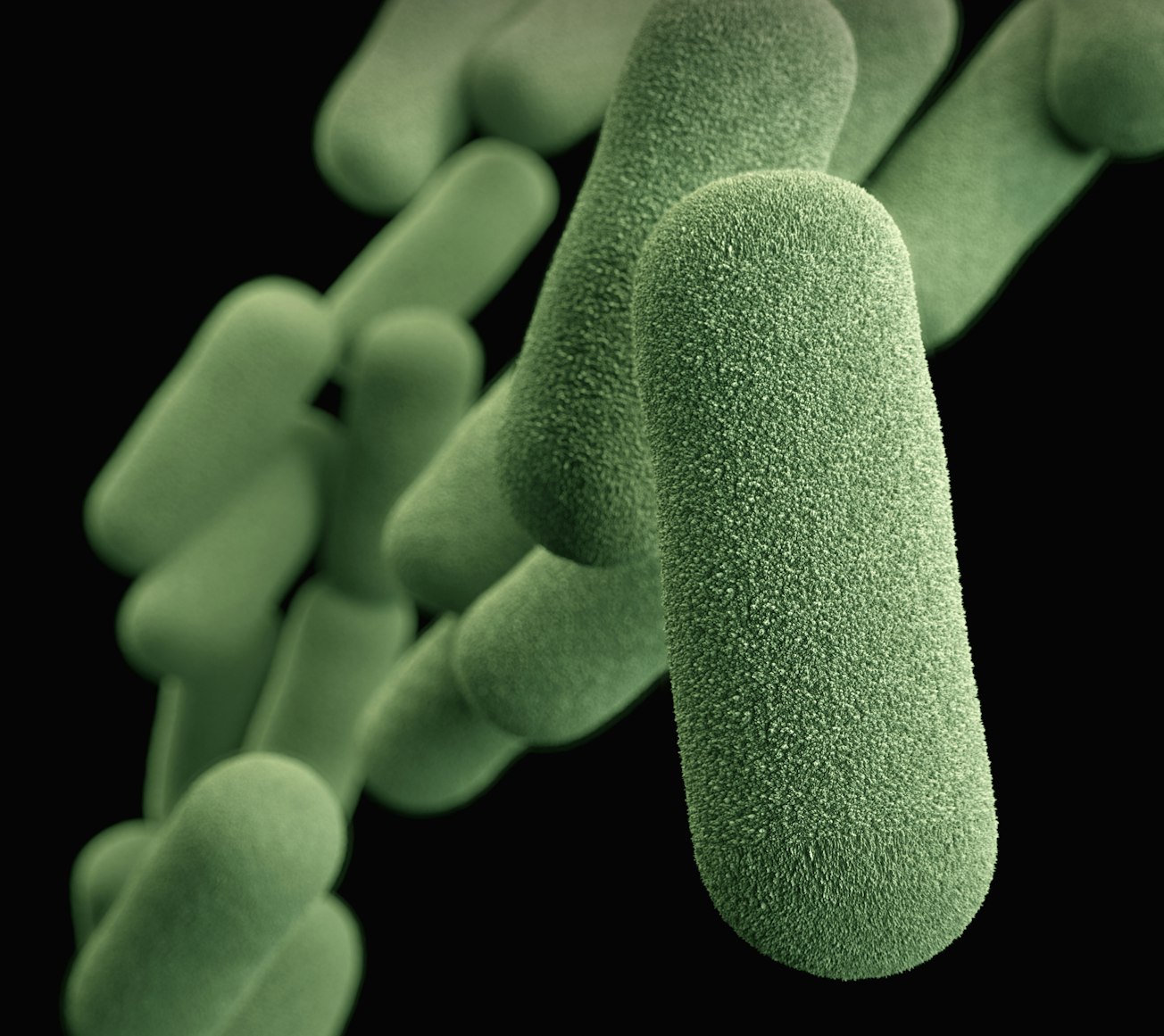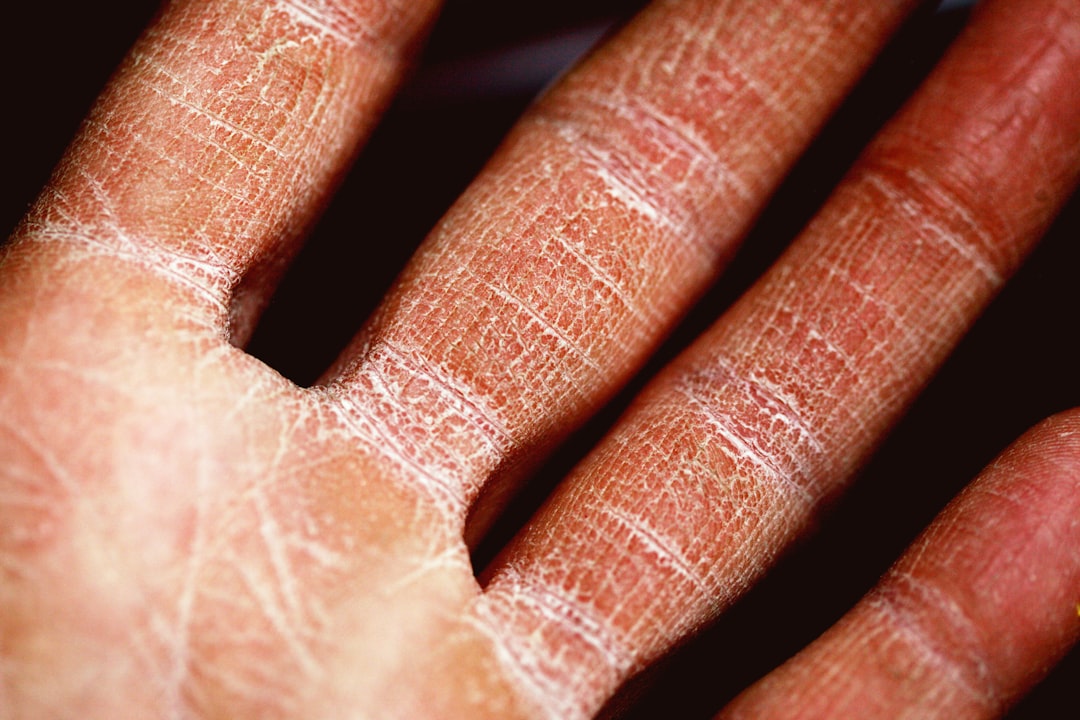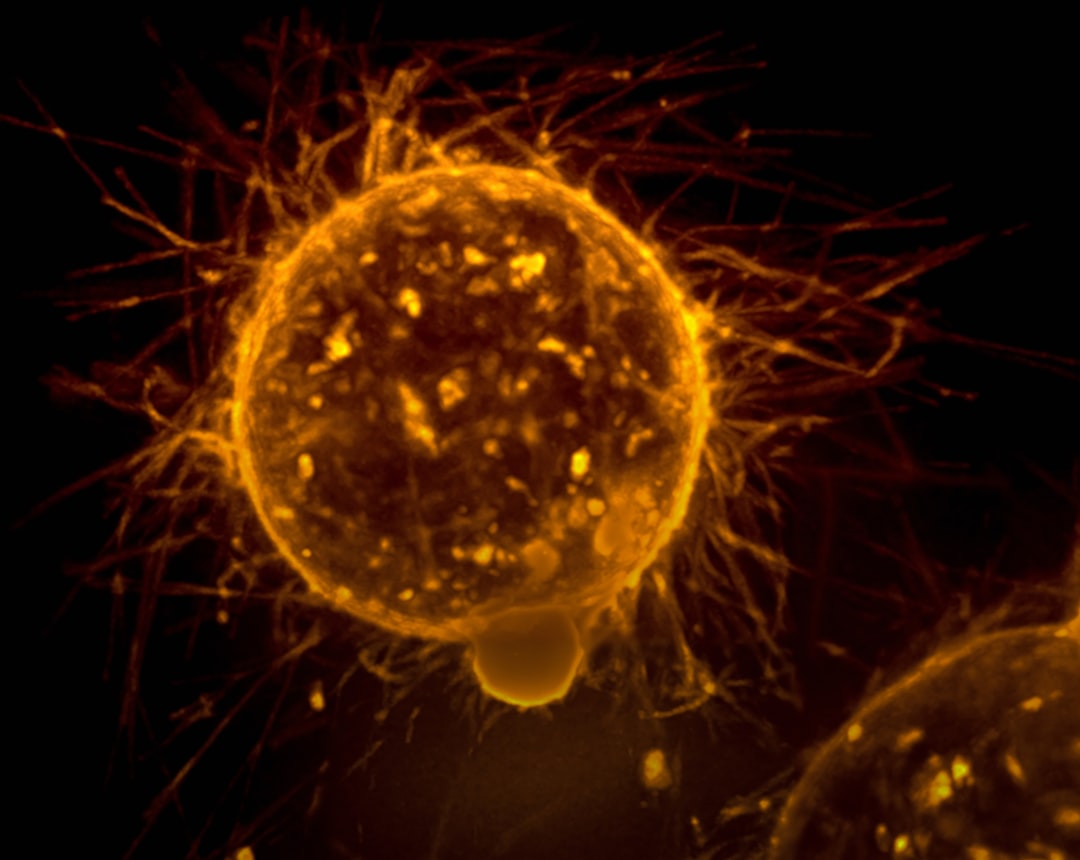What is it about?
Many gram-negative bacterial pathogens cause disease by delivering virulence proteins into the human cells they infect. These virulence proteins are delivered through a pore that the bacterium makes in the outside layer of the cell (the plasma membrane). Once inside the cell, the virulence proteins alter the normal functions of the human cell in ways that promote bacterial infection. To enable protein delivery, the pore channel must open. We found that openning of the pore channel is mediated by human cell protein complexes that are triggered by the bacterial proteins that make up the pore. Thus, the bacterium co-opts human cell processes to open the channel and deliver its virulence proteins.
Featured Image

Photo by CDC on Unsplash
Why is it important?
The findings in this paper provide new insights into how bacterial pathogens cause disease in humans.
Perspectives
This article reflects the creativity and innovativeness of the members of my research group who carried out the work.
Marcia Goldberg
Massachusetts General Hospital and Harvard Medical School
Read the Original
This page is a summary of: The type 3 secretion system requires actin polymerization to open translocon pores, PLoS Pathogens, September 2021, PLOS,
DOI: 10.1371/journal.ppat.1009932.
You can read the full text:
Contributors
The following have contributed to this page










